Much of the relief and rebuilding work following Nepal’s devastating earthquakes has been facilitated by a network of local Christian churches: Vision Network Nepal (VNN). This is a story not about a large NGO with logos and SUVs sweeping in to blitz a helpless community with shiny new buildings.
This is about neighbors helping neighbors and longstanding relationships bearing new fruit in the aftermath of traumatic, unprecedented loss. It is about small amounts of money being multiplied by resourceful, intelligent people who work together and love one another well. It is about God’s compassion and provision shown through his people.
Sinkre community: A model for emergency relief and rebuilding
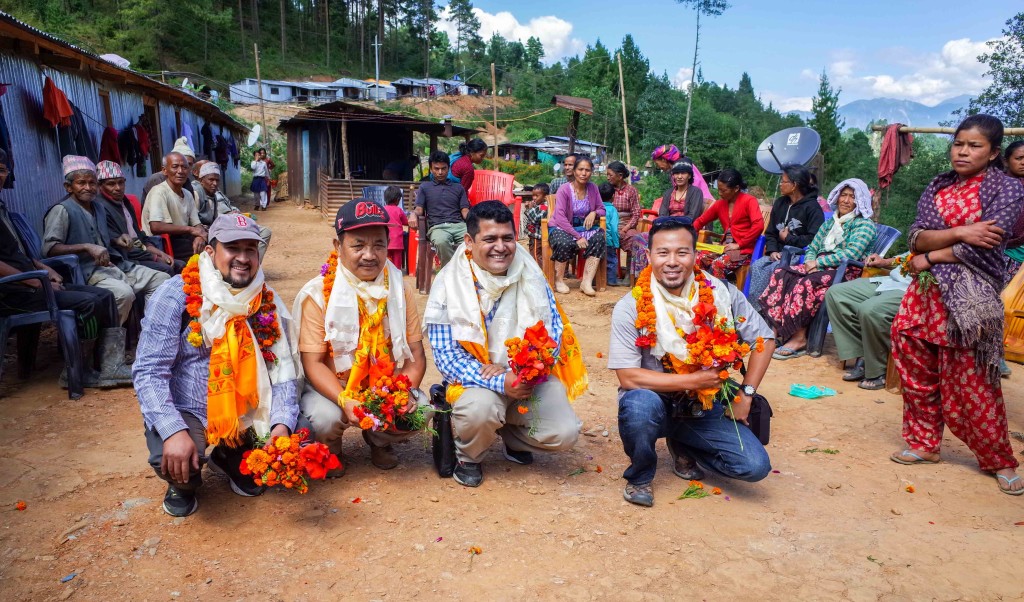
A recent survey and report shows that these communities of survivors have taken the minimal materials given to them and have done far more with those materials than expected.
“The changes we saw are beyond our expectation,” says Nam who works for Reconciled World and is helping oversee VNN’s relief operations and finances. “The people in Sinkre community continue to impress us with their hard work and ability to organize themselves.”
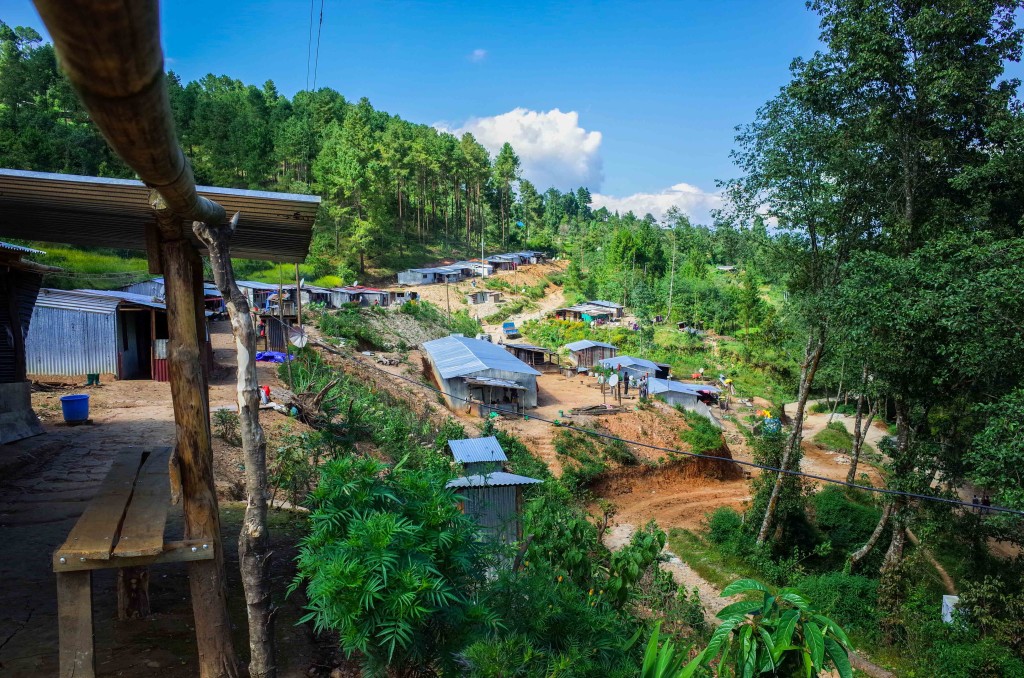
The people of Sinkre also effectively worked with the district government and another organization to bring electricity and clean water to their community. In this place, new roads are being built and life is almost back to normal.
“The fact that their old community was completely collapsed turns out to be a blessing,” says Nam, “because they are able to build more stable and beautiful homes and have a sense of settling down, which helps to fight against the trauma of the earthquake.”
How did the people of Sinkre do it? Click here to read a report from July 2015 detailing their strategy.
In the community of Bhakari Dada, VNN provided enough tin sheets for 102 families, which community members used to rebuild 113 homes and two schools.
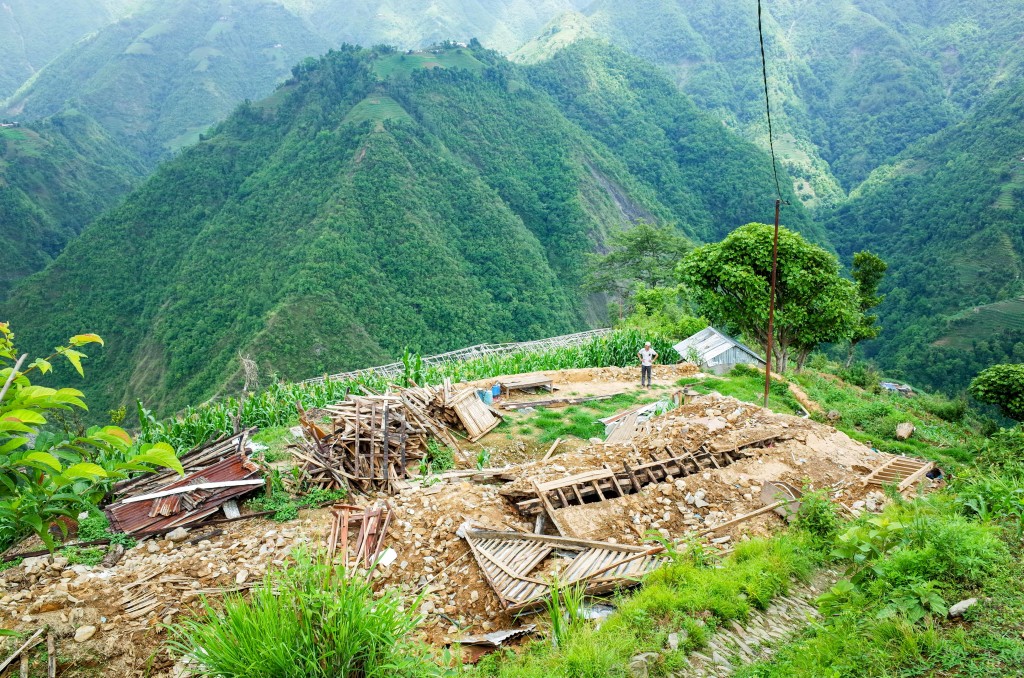
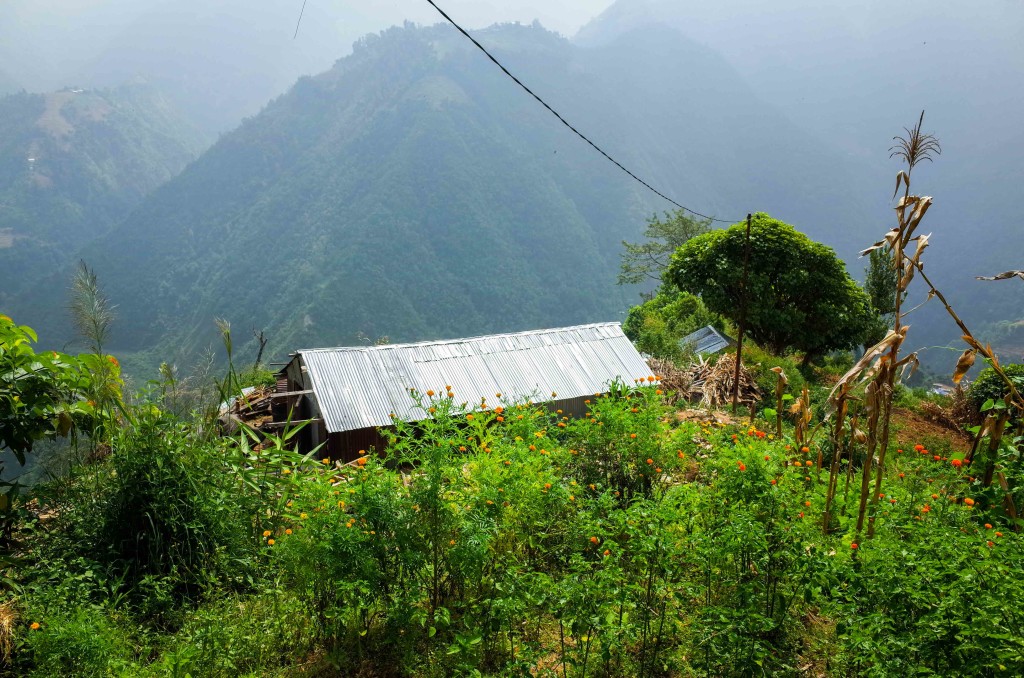
After witnessing the love demonstrated through VNN and local Christians, the community’s leaders apologized on behalf of their parents’ generation for persecuting Christians in the past. There is no church yet in this community, though we hope one will emerge soon as a result of God’s work here.
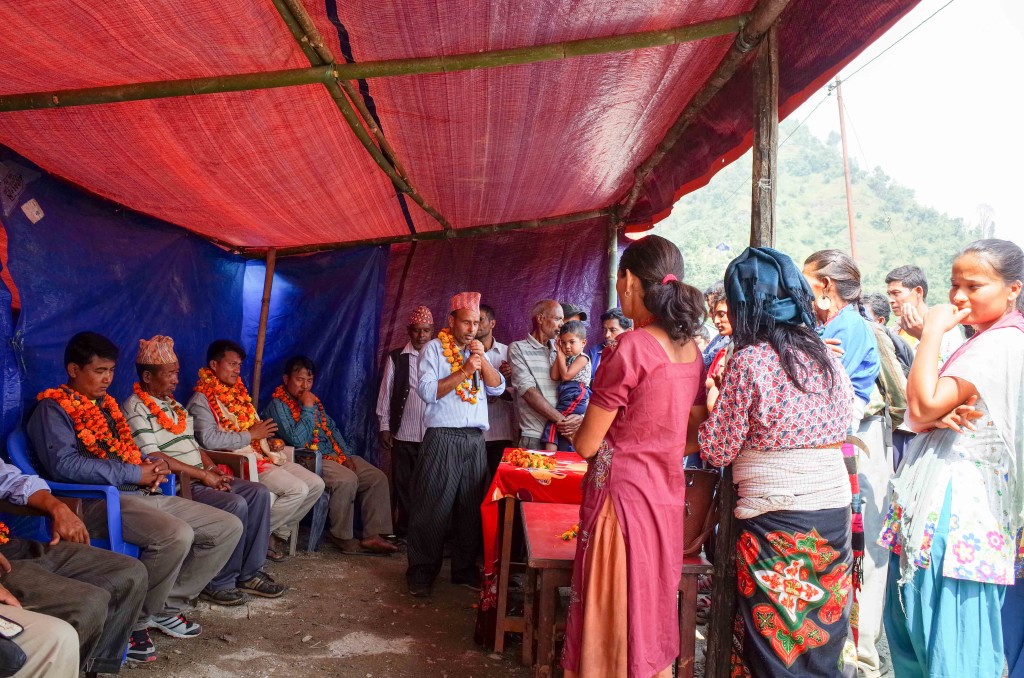
In the other two communities where VNN has focused its relief and rebuilding efforts, progress is notable but slower than in Sinkre.
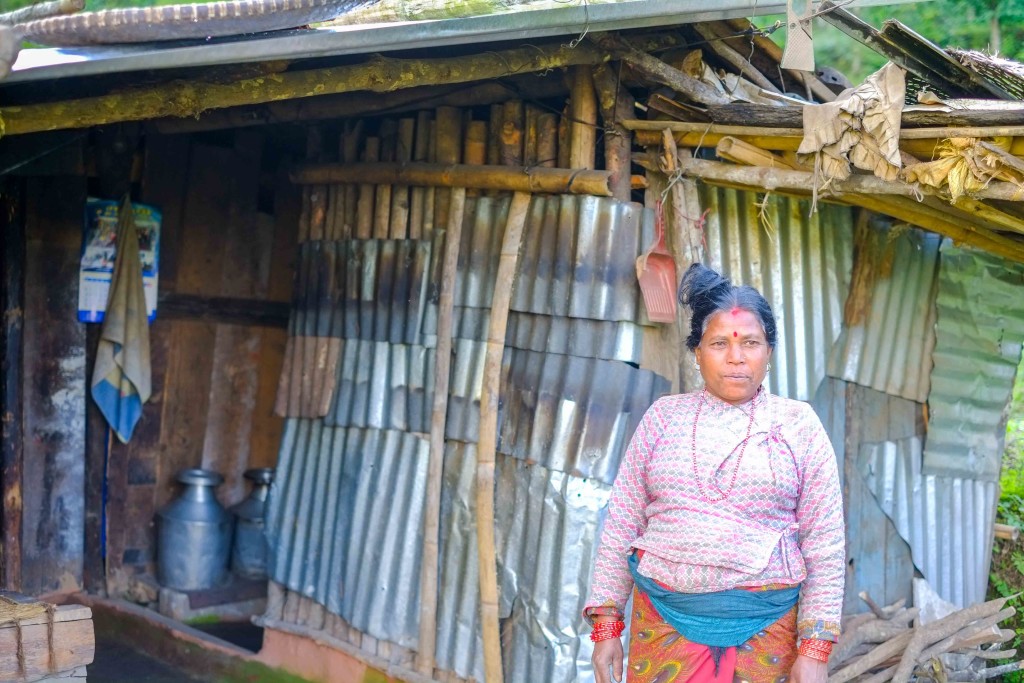
“We have done a great job of helping these earthquake victims to survive in one of the toughest times of their lives,” Nam says. “They felt loved and have hope; this is the big difference between us and other organizations.
“Some VNN members are employees of big organizations, and they commented on the fact that they didn’t receive such a positive response from the community where they worked like they received in ours. Not to mention that our help was super small compared to theirs.”
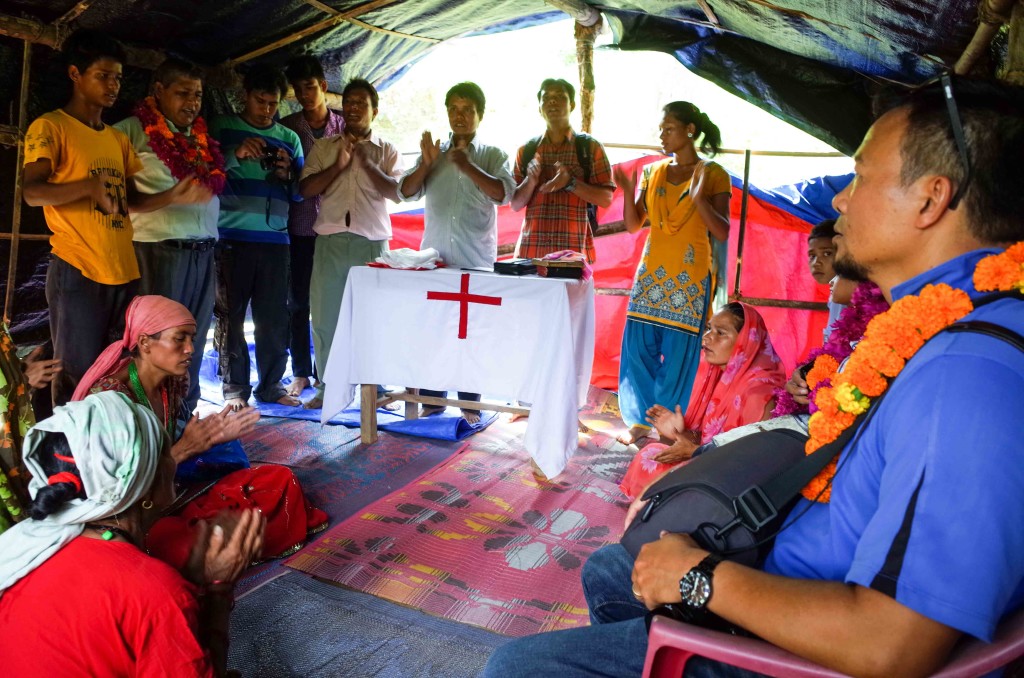
Looking Ahead
There still are great needs in all of these communities, including the need and desire for more substantial houses. Tin sheets are an acceptable stop-gap, but they don’t protect from cold and heat.
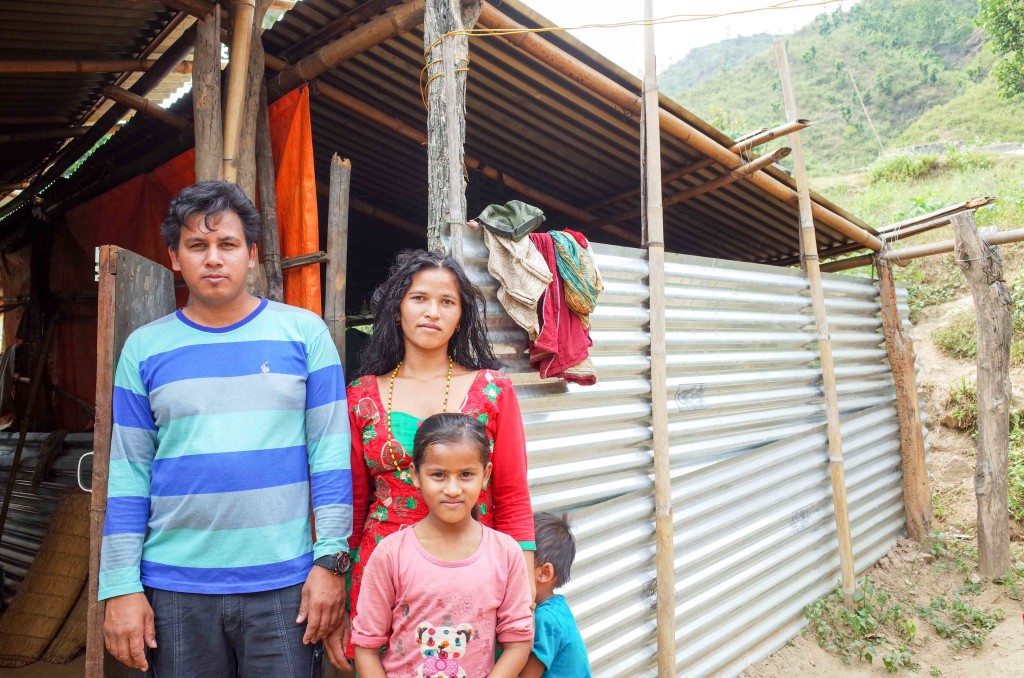
The next phase of relief will include:
- The provision of blankets and warm clothes to keep people warm in this wicked cold winter: Churches in Nepal will collect used warm clothes.
- Chicken farm: This is the fastest way to generate income; people can use the profit to invest more and save up for their new houses.




I really want to thank God for keeping us safe and allowing us to be with these community when they were going through more pain of lose of lives and property and all.
Traveling to these places at the that time was like putting life at full risk but thank God for His safety. Thank you for your support. Hope Nam has shared everything from the field, we were able to work to make the model community working through local churches, even though our help was very small but God multiplied it and result we see now is like we helped in million.
Thank you for helping me also!
?